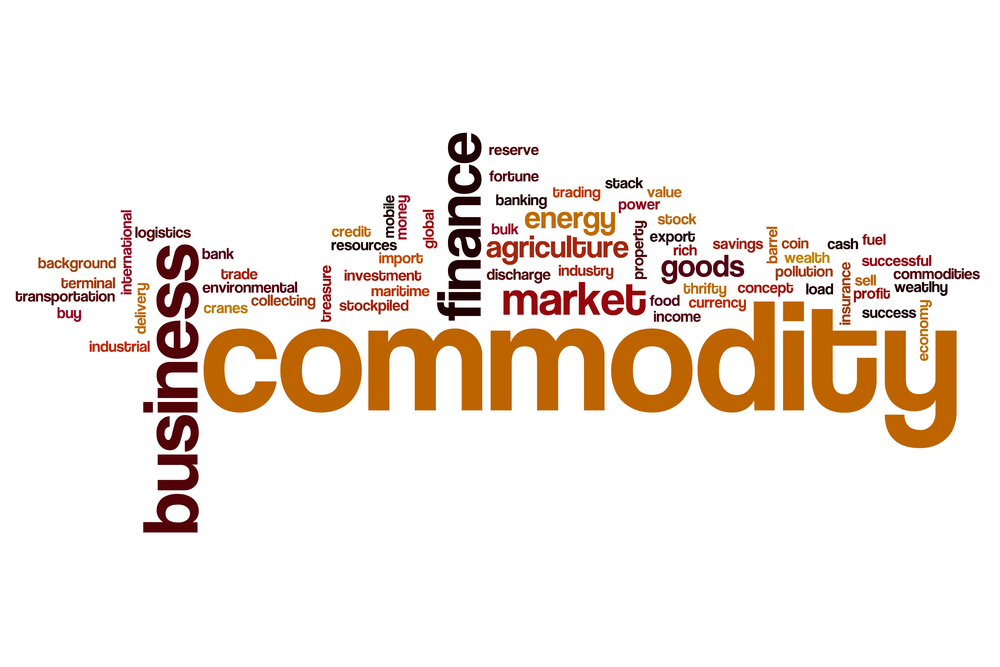
Traders in India can diversify their portfolios in various ways. One such is through Commodity Trading. It plays a vital role in the Indian economy. In this blog, we will discuss the meaning of commodity trading and how to start trading in it.
Commodity trading refers to buying and selling raw materials or primary goods to produce other goods or services. Commodities can be classified as agricultural commodities (such as wheat, corn, sugar, etc.), energy commodities (such as crude oil, natural gas, etc.), and metal commodities (such as gold, silver, Copper, etc.).
Commodity trading involves speculating on the future price movements of these commodities. Traders buy or sell commodity contracts, which represent a standardised amount of a particular commodity at a certain price, and with a specific expiration date. These contracts are traded on commodity exchanges, such as the MCX (Multi Commodity Exchange) or the NCDEX (National Commodity and Derivatives Exchange) in India.
Commodity trading finds its roots in ancient civilisations like the Babylonians, who traded spices and textiles and the Egyptians, who traded gold and silver. During the middle ages, European Merchants started selling wool, silk, etc.
Commodity exchanges such as the Amsterdam Stock Exchange were established during the 16th and 17th centuries when international trading started growing.
During the 19th century, when the Industrial Revolution started, it increased coal, iron, and oil use. This, in turn, resulted in commodity trading becoming a more complex and sophisticated activity.
In the 20th century, the New York Mercantile Exchange, the London Metal Exchange, and the Tokyo Commodity Exchange were established. These exchanges started trading various commodities, including metals, energy, and agricultural products.
In the current scenario, commodity trading is quickly becoming a global industry as traders buy and sell in the international market. With technological innovations and the development of trading platforms, it has become easier to trade commodities. The increasing commodity demand in countries like China and India has created new opportunities for commodity traders.

A variety of products are traded in the commodity market. Some of these are:
The following steps will help you to get start Commodity Trading In India:
Different commodities such as gold, silver, crude oil, natural gas, cotton, and others are traded in India. Choose a commodity that you are interested in and that you have some knowledge about.
After choosing, you must find a broker registered with SEBI. Lakshmishree Investments is a registered broker which also trades in the commodity segment.
For the next step, you need to open an account with the broker, which can be done quickly.
You need to deposit some funds in your trading account to start trading. You can do this through net banking, debit card, or other payment modes we offer.
It's essential to have a basic understanding of the commodity market before you start trading. You can read books, attend seminars, or take online courses to learn about commodity trading.
Once you have funded your account and understand the market, you can place your orders. You can place buy or sell orders, limit orders, or stop-loss orders depending on your trading strategy.
Monitoring your trades regularly is essential to stay updated on market trends and to manage your risks effectively.
Remember that commodity trading involves risks, and it's essential to research and has a sound trading strategy before investing your money.
Commodity trading has gained much traction over the years. However, commodity trading is also complex and risky, as many factors, such as geopolitical events, supply and demand dynamics, weather conditions, and currency fluctuations, can influence prices.
This blog gives you an insight into what commodity trading is. You can start trading in the commodity market by opening a Demat and trading account with us at Lakshmishree.
The commodity market operates Monday to Friday between 9:00 AM and 11:30 PM in Summers. But in the winter, the market closing timings change to 11:55 PM.
The SEBI (Securities Exchange Board of India) regulates the commodity market.
In India, the MCX (Multi Commodity Exchange), the NCDEX (National Commodity and Derivatives Exchange) and the ICEX (Indian Commodity Exchange Limited) are present for trading.
